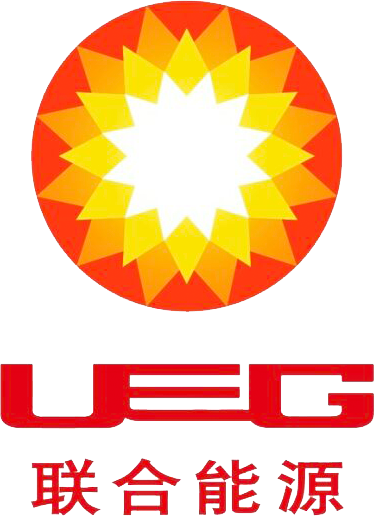JHIMPIR 99MW Wind Power Project successfully reached commercial operation
China-Pakistan collaboration for new landmark project
JHIMPIR Wind Power Project successfully reached commercial operations

Chen Xiaodong, Acting Consul General of Chinese Consulate General in Karachi (fifth from left), and Guo Chunshui, counselor of the Economic and Business Chamber (forth from left) presented at the ceremony
At 12:00, June 15th local time, as the JHIMPIR wind power project successfully test ran for 168 hours, the COD (Commercial Operation Date) certificate was granted, marking the official connection of the project to the grid for commercial operations.
All tests under the EPA contract were completed by May 20th, and an official reliability test run commenced at 12:00, June 8th local time. During the 168-hour test run, engineering team worked extra shifts and hours, which guaranteed the safety, efficiency and positive advancement of the project. Ultimately the availability rate of the site-wide wind turbines reaches 99.89%, which is far higher than the 85% availability required under the EPA contract. As a result, Pakistan State Grid speaks highly of the project’s engineering quality and equipment performance.
A grant ceremony in celebration of the project’s commencement of commercial operations was held in the afternoon of June 21st local time. The ceremony was attended by Chen Xiaodong, Acting Consul General of Chinese Consulate General in Karachi, Guo Chunshui, Counselor of the Economic and Business Chamber, Lin Yang, Vice President of UEG, Huyan Tao, CEO of United New Energy, Liu Aidong, Chairman of the project EPC contractor Gezhouba Group Machinery & Ships Corporation, Yan Yi, Project Director and a group of project personnel. As outlined by Mr. Guo Chunshui, JHIMPIR Project is one of the priority projects under China-Pakistan Economic Corridor, and is one of the first completed projects under China’s Belt and Road Initiative. The project’s connection to the state grid is of great significance to alleviate the power shortage faced by Pakistan, to optimize the country’s energy consumption structure and to reinforce the two countries’ economic cooperation even further.
Situated in Sindh Province, Pakistan, JHIMPIR wind power project site covers an area of 14 km2. With an installed capacity of 99MW, the project was scheduled to be completed in 18 months at the capital costs of approx. USD 260 million. In the beginning of 2014 the JHIMPIR wind power project was listed as one of early harvest projects under China-Pakistan Economic Corridor. Contracts and agreements pertaining to JHIMPIR wind power project were signed and witnessed by Chinese Premier Li Keqiang and Pakistani Prime Minister Sharif during the APEC conference held in 2014, and by Chinese President Xi Jinping and Pakistani Prime Minister Sharif during President Xi’s visit to Pakistan.
Situated in Sindh Province, Pakistan, JHIMPIR wind power project site covers an area of 14 km2. With an installed capacity of 99MW, the project was scheduled to be completed in 18 months at the capital costs of approx. USD 260 million. In the beginning of 2014 the JHIMPIR wind power project was listed as one of early harvest projects under China-Pakistan Economic Corridor. Contracts and agreements pertaining to JHIMPIR wind power project were signed and witnessed by Chinese Premier Li Keqiang and Pakistani Prime Minister Sharif during the APEC conference held in 2014, and by Chinese President Xi Jinping and Pakistani Prime Minister Sharif during President Xi’s visit to Pakistan.
Situated in Sindh Province, Pakistan, JHIMPIR wind power project site covers an area of 14 km2. With an installed capacity of 99MW, the project was scheduled to be completed in 18 months at the capital costs of approx. USD 260 million. In the beginning of 2014 the JHIMPIR wind power project was listed as one of early harvest projects under China-Pakistan Economic Corridor. Contracts and agreements pertaining to JHIMPIR wind power project were signed and witnessed by Chinese Premier Li Keqiang and Pakistani Prime Minister Sharif during the APEC conference held in 2014, and by Chinese President Xi Jinping and Pakistani Prime Minister Sharif during President Xi’s visit to Pakistan.

